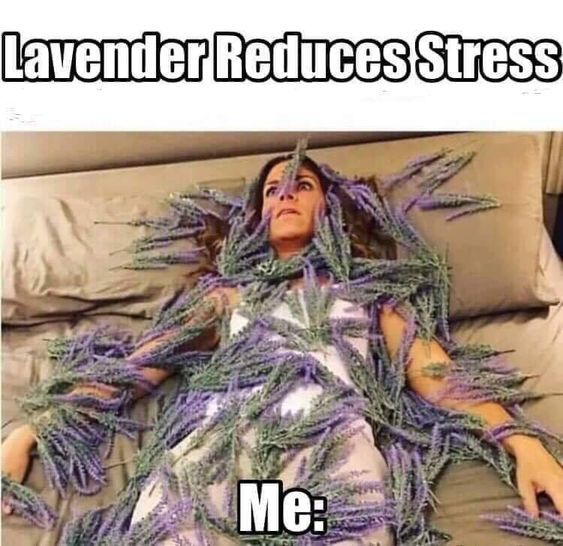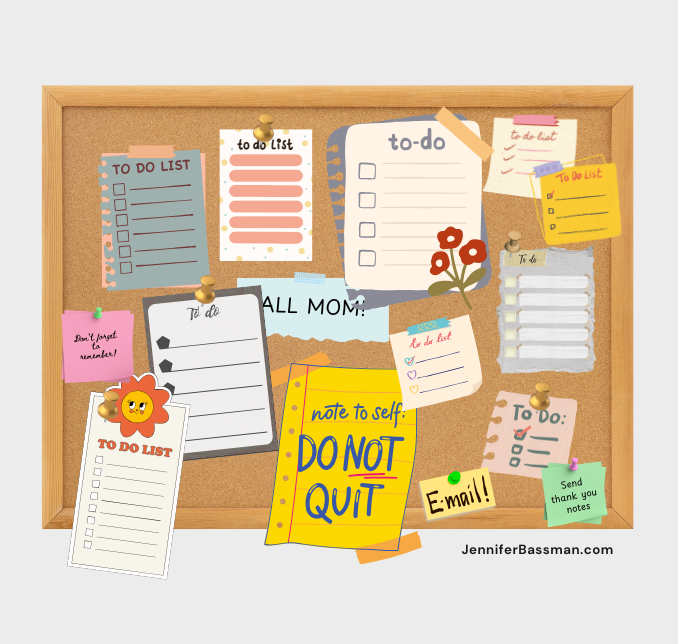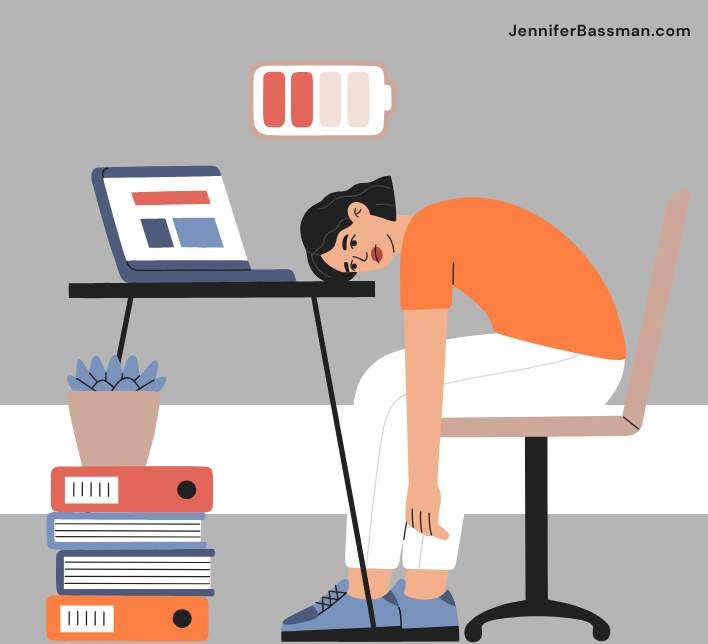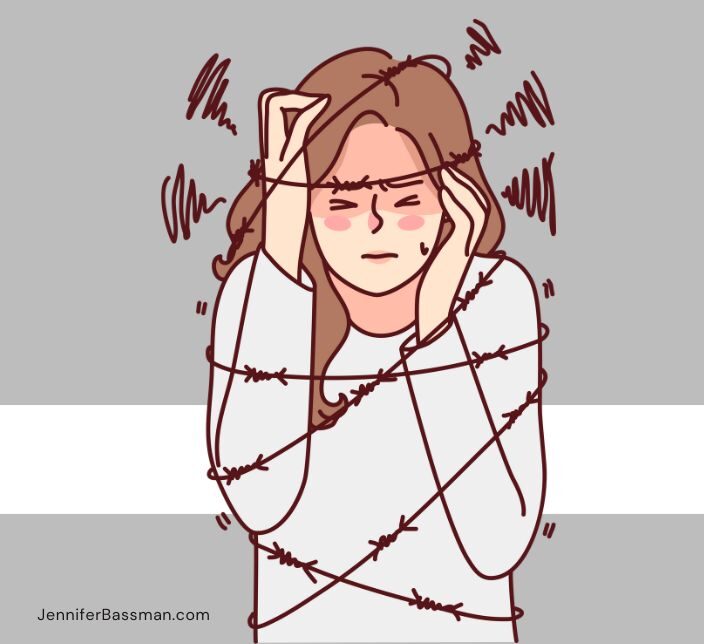Stress is a sneaky little monster.
Our bodies naturally adjust to higher and higher levels of stress without us realizing there is a battle that is about to turn into a full-on war.
Usually, by the time we are aware of how stressed we have become, a lot of damage has been done. Our recall has slowed, our patience is lacking, the quality of our work suffers, and our poor decision-making has us in a deep pit of overwhelm. (Read my blog post about how stress leads to poor decisions.)
When talking with my burned-out clients, they often point to their workload as the main cause of their stress. While it certainly contributes, there are three sneaky things that are pushing your stress levels to their max without any or much awareness on your part:
- Unrealistic expectations
- Lack of control
- Poor communication
These three stress drivers are unique in how they rattle you because they come with feelings of impossibility and conflict that leave you feeling helpless, when you may otherwise be strong, independent. They are also usually at the core of most of the problems that are causing you grief.
Unrealistic Expectations & Stress
Unrealistic expectations are impossible or unrealistic deadlines, goals, or objectives.
They are also an unrecognized source of tremendous stress and frustration. In fact, most of us that create unrealistic expectations deny either that it’s happening or that our standards are impractical. The stress levels that unrealistic expectations cause is high and chronic. It’s because you don’t feel the level of your stress rising that you find it impossible to see how your unrealistic expectations are affecting you.
This is why I label them a sneaky form of stress – they are unrecognizable to the person that is imposing them and trying to achieve them.
All the while, the internal pressure they create is building up, leaving you more exhausted and unmotivated.
It’s only when someone else points out that your expectations and standards are unlikely to come to fruition, that you begin to have an awareness of what is happening to you internally.
As a seasoned expert in creating and trying to live up to unrealistic expectations, what I found they did was create a sense of never feeling like I was never enough – which usually led to resentment.
Managing unrealistic expectations doesn’t happen overnight and they are hard to let go of because they can feel protective. You are afraid if you loosen your standards, other people might exploit or hurt you.
Rather than playing the blame game with your unrealistic expectations, get curious about them. Ask yourself:
- What am I afraid will or won’t happen if I don’t have unrealistic expectations for myself?
- What was the specific moment I felt I needed to raise the standards on a particular thing?
- What are the actual expectations of those around me?
Lack of Control & Stress
A lack of control comes from feeling like you have little or no control over your work, which leaves you feeling helpless and frustrated.
A lack of control causes chronic stress because of its constant presence that ratchets up your anxiety.
When you are burned out, a lack of control also makes you feel stuck. Feelings of being stuck are quite similar to feeling a loss of control. They both use the same language like “should,” “have to,” and “must.” And, they both make you feel like your life should be different than it is.
The less control you feel you have, the more you push. This pushing leads to less influence and more stress.
Feeling a lack of control is a sneaky source of stress because you are so busy pointing the finger at others for not giving you what you want, that you don’t feel or blatantly ignore the rising levels of stress when you don’t get what you want.
Here’s the deal: that feeling of a lack of control comes from giving your control away to others. You are self-sabotaging and self-limiting because you are focused on what other people are doing or have, and not expending any energy creating your own path.
One way to regain control is to create and develop your own vision for what you want in life. And, your current spot is a stepping stone to get you where you want to go.
Poor Communication & Stress
Communication breakdowns, whether between colleagues or clients, can lead to misunderstandings and conflict.
When you are burned out, you tend to be a poor communicator. You have internalized a lot of your thoughts and emotions. This poor communication has isolated you, disconnecting you from your work and colleagues. This can lead to feelings of loneliness that can further stress you out.
You also don’t feel like you are being heard or understood, which can make it difficult to stand motivated or engaged in your work.
Poor communication is a sneaky source of stress not only because you don’t realize you are doing it, but because it keeps you from getting the support and resources you need to do your job effectively.
Learning to rebuild your communication skills can be a stress reliever. The best way to start is to use the form of communication that makes you the most comfortable. That might be email, texting, or phone calls. Then, start asking questions about the areas where you feel you are lacking information. Keep you mind open to answers that you may not agree with, but ready to share your perspective respectfully.






